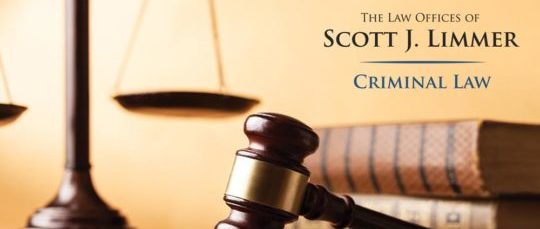Although many cases involve a grand jury, they are far less publicized and less well known than their trial jury counterparts. As a result, grand juries and their proceedings are commonly misunderstood. Most people only encounter grand juries if they must serve on one or if they are a witness who will testify before one. If you have been called to testify before a grand jury, it is important for you to understand that there could be consequences for you as a witness, and you should be sure to protect yourself.
What Does a Grand Jury Do?
One of the first things you must know before giving testimony before a grand jury is understanding what they do. They share some similarities with trial juries, also called “petit juries.” They consist of a certain number of randomly selected citizens. Unlike trial jurors, grand juries observe a number of different proceedings over several weeks or even months, well before the case ever gets to trial. If the state shows there is probable cause, or reasonable believe, that a person has committed a crime, the grand jury will issue an indictment, or charge.
What Evidence does the Grand Jury Hear
You should be aware, if you have been called to testify at a grand jury proceeding, that the evidence presented will be very different from what may be put forth at trial. A key difference is the one-sided nature of a grand jury proceeding. Unlike trial, where the defense will put forth evidence, object to testimony, and try to prevent the inclusion of certain information, a grand jury proceeding focuses solely on the State’s case.
It is not the duty of the grand jury to determine whether or not the state could win the case beyond a reasonable doubt, only to decide if the State has reasonable proof the defendant committed the crime. The prosecutor is also granted a great deal of leeway regarding what may be presented to the grand jury. Evidence that might not be permitted at trial may be presented, and the state may slant its evidence in favor of its own arguments. Technically, the State should also present evidence that the defendant might not be guilty, but prosecutors rarely present more than their own side of the case.
Testifying before the Grand Jury
Prosecutors will call witnesses to testify before the grand jury for several reasons. Most often, the witness will be the victim of the crime or will have witnessed some element of the crime.
Prosecutors will also call police officers who responded to and gathered information regarding the incident. However, it can be dangerous to assume that this is the only reason the State might call a witness to testify.
Prosecutors may also call current or potential suspects to testify at grand jury proceedings. They may also call witnesses who are not the subject of the current grand jury investigation, but who are potential suspects in related crimes, but they will rarely offer any warning to their witnesses that this is the case. Unfortunately, because this testimony is not the same as an arrest, there is no requirement that you be given a Miranda warning regarding your rights before questioning. Yet, your testimony can be used against you at a later trial.
At all times, be aware that you have a right under the Fifth Amendment not to testify or answer certain questions if that testimony might incriminate you in a crime. Asserting your right can prevent your words from being used against you in a later hearing.
How Do I Know if I’m a Suspect
You may have some suspicions that the State believes you committed the crime, but you could just as easily find yourself blindsided by a later indictment or charge. You or your attorney can attempt to discuss the matter with the state to find out if you are a suspect in the current investigation or a related investigation.
This may even give you the chance to negotiate a deal with the state giving you immunity. The state could offer you transactional immunity, where you cannot be prosecuted for any crimes related to the subject of your testimony. It could also offer use immunity, where your testimony cannot be used against you in future prosecution. The prosecution will most often offer immunity in cases where they are looking to convict a bigger or more dangerous criminal.
Attorney Presence
Although your attorney can remain nearby or be available to consult with you as needed, if you have an attorney, he or she not allowed in the courtroom with you when you are called as a witness. Unlike trial, grand jury proceedings do not give you the entitlement to an attorney. As a result, your attorney will usually prepare you before you testify and remain available during the proceeding; if you have questions, you can ask for permission to leave and consult with your lawyer.
Indictments are Common
Because grand juries are presented with a one-sided argument, they typically return an indictment. It is so common that some have referred to this as a “rubber stamp” process that nearly guarantees a case will proceed to trial. Surprisingly, it is easier than if the state issued an “information” for a charge, as that information would have to convince a judge that the State had enough evidence to secure a conviction.
Prosecutors may also choose a grand jury proceeding for high profile or controversial cases. This places the tough decision of charging a defendant in the grand jury’s hands, and allows the State to avoid at least some of the public and political backlash. Grand juries also give the state the opportunity to question would-be suspects without the requirement that to Mirandize the suspect. That is why it is so important, if you have been called as a witness, to seek out an attorney to protect your interests.
